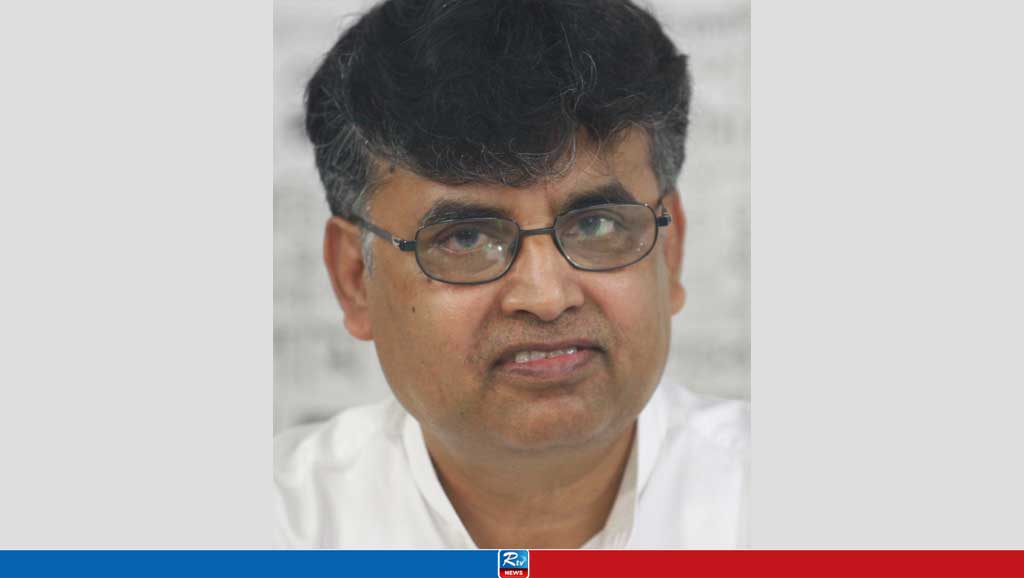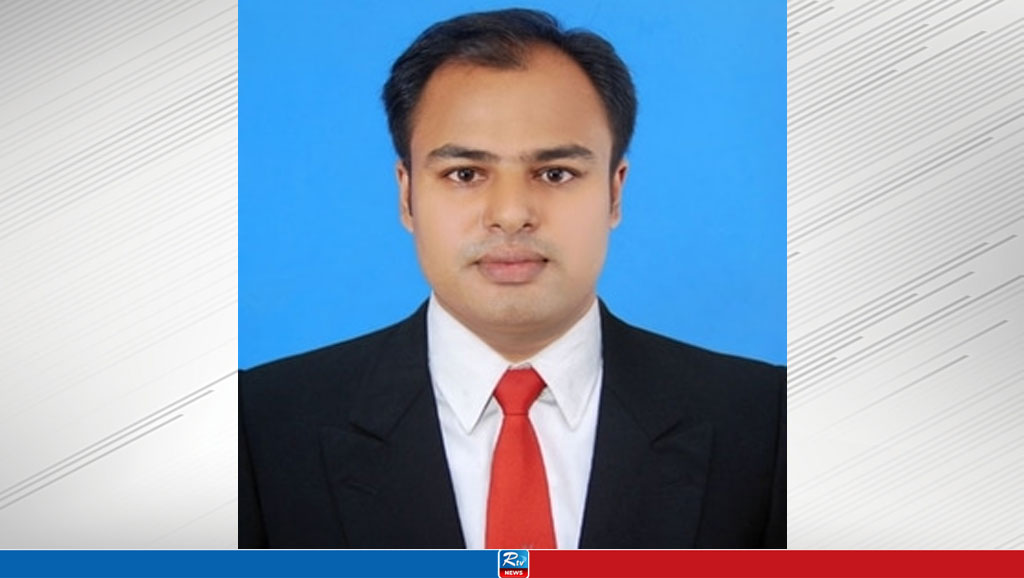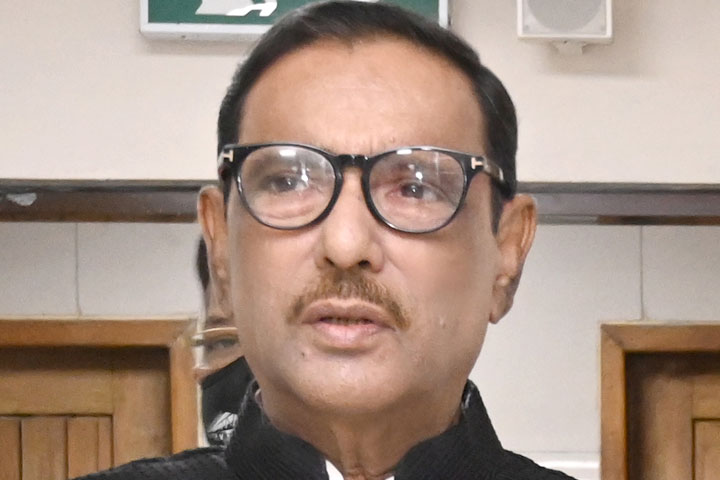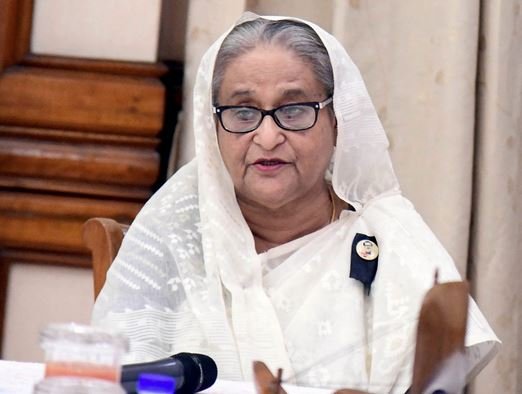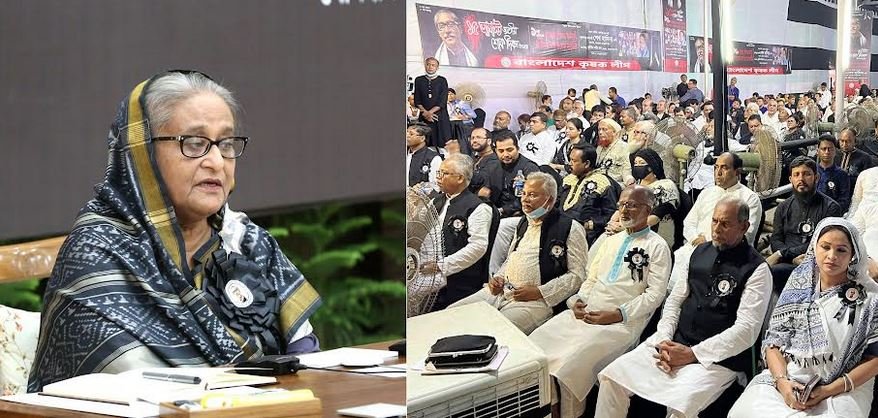The Indian Product Boycott Movement vs. Reclaiming the Hat
It’s best not to discuss or mention the type of person who announced the start of the Indian Product Boycott Movement. However, it was surprising to see some BNP political party leaders and supporters engage in such an unrealistic endeavor.
There exists a persistent anti-India sentiment in Bangladesh, deeply entrenched and hard to eradicate. This sentiment stems not only from the country’s partition or the Pakistan movement. Despite the division of the Indian subcontinent first into two and then into three parts, the underlying issue has always been religious. The emergence of these three countries was not based on modern principles, and religious influence still pervades among the leftists, rightists, and nationalists alike. Furthermore, these nations have yet to adopt any practical diplomacy and politics that could unite the culturally similar populations of this subcontinent. Politics in these countries are so ingrained in society that they overshadow common cultural heritage.
On the surface, the cultured individuals in India, Pakistan, and Bangladesh do not harbor hatred or division. However, they are in the minority.
For the majority of the populace, the mindset is uniform. From Bangladesh, it may appear that anti-India sentiment is rampant within its borders. This opposition often becomes pronounced during elections or for political maneuvering. Conversely, the common people across India do not generally hold negative views about Bangladesh, which has minimal impact on India’s politics and economy. Thus, there is no significant basis for anti-Bangladesh sentiment in India. However, I have observed some journalists and professors in India expressing frustration, questioning whether India must provide food for Nepal, Bhutan, and Bangladesh.
Currently, Nepal, Bhutan, and Bangladesh have gained importance to India for security reasons. Many journalists who were initially annoyed about providing aid have substantially revised their opinions. They now support a friendly government in Bangladesh, understanding that China’s influence is expanding not only through Tista’s Chicken Neck and off the coast of Myanmar in the Bay of Bengal but also in parts of Chittagong. Hence, for their national security interests, Indian concerns extend beyond Bangladesh to West Bengal as well. Future changes in the political landscape or borders of West Bengal, driven by security needs, would not be surprising.
All these developments occur as India is poised to become the world’s third-largest economic power, with a GDP currently surpassing that of China.
In today’s political landscape, it is unrealistic to expect the Bangladesh Nationalist Party (BNP), which has not only governed the nation multiple times but also played a pivotal role in SAARC during its 1991 tenure, to start opposing any SAARC country—even if by mistake.
The BNP boasts numerous educated leaders and high-caliber professionals within its ranks. They are well aware that product boycotts and non-cooperation movements have historically never succeeded. India’s Sarvodaya leader, Jayaprakash Narayan, acknowledged that the only successful non-cooperation movement occurred in Bangladesh in 1971. Despite his leftist leanings and admiration for Gandhi, Narayan viewed the Bangladeshi non-cooperation movement through Gandhi’s principles. However, this movement, led by Bangabandhu against the West Pakistan government, was not the endeavor of an opposition party. As an elected representative, Bangabandhu and his party were effectively the authority at that time. Although his party secured all its seats in East Pakistan, the West Pakistan-centric military government was reluctant to transfer power. Realizing that negotiations with Pakistan had reached a dead end, Bangabandhu took it upon himself to assert control in East Pakistan—soon to be Bangladesh. His initial step was to administer East Pakistan as per his directives rather than those of West Pakistan’s central government. Given that he was an elected leader, not only the populace but also the administrative machinery supported him.
Despite knowing this historical truth, the BNP lost to political strategies on October 28, 2023, they called for a non-cooperation movement. They received no significant response there. Yet, why some leaders and activists of the BNP—a party that has come to power several times—rely on the intellect and opinions of those dependent on Facebook and YouTube to engage in a boycott of Indian products is truly astonishing!
Critics of this movement would benefit from understanding Mohandas Karamchand Gandhi’s late-life reflections on his initiatives. Professor Nirmal Kumar Bose, Gandhi’s one-time private secretary, questioned the effectiveness of the foreign product boycott and the use of the spinning wheel. Gandhi responded that spinning increased concentration, a rationale that frustrated Bose. He found Gandhi’s explanation unsatisfactory and reflective of a ‘schoolmasterly’ demeanor, preferring to impose his views rather than foster understanding. Bose, with his urban sensibilities, choose silence over confrontation with Gandhi’s rural mindset. Thus, if BNP proponents of the boycott claim they are following Gandhi’s path to enhance focus, their rationale cannot be disputed further.
However, it must be acknowledged that the Indian Product Boycott Movement is unlikely to succeed, and it will not lead to anarchy. Essential and affordable products cannot be eradicated from the market. During Gandhi’s time, even the impoverished who supported his movements wore British mill-made clothes. Similarly, the absence of food riots today can be attributed to the availability of products in the market. Such chaos typically arises only when essential goods are inaccessible.
Moreover, the gap between the twentieth century, when Gandhi initiated the product boycott, and today’s global commercial landscape is immense, akin to the distance from the Earth to space. In the contemporary world, products from various countries are readily available side by side in markets everywhere. Consumers simply choose what they prefer. Presently, there is more contention between the people of America and China than between those of Bangladesh and India. Yet, despite the tensions, Bangladesh remains one of the top countries whose citizens frequently visit India. Similarly, Chinese tourists are among the highest in the United States. These tourists do not solely sightsee; they also purchase local products. Thus, regardless of calls in Bangladesh to boycott Indian goods, the multitude of tourists traveling daily are not carrying Bangladeshi items. Instead, they return with Indian goods and potentially, products from other countries like China, Vietnam, Britain, and the USA bought in India. Likewise, Chinese visitors to the US do not restrict their purchases to American products; they also buy items from Indonesia and other nations. In an era of global free trade, where the movement of goods is liberalized and consumers universally embrace the principle of sourcing from the most cost-effective markets, no politically savvy party that aims to govern in the modern world would adopt an outdated, impractical strategy like Gandhi’s product boycott.
Recent reports from BNP’s initial policy-making meeting confirm this modern approach. According to the newspapers, Iqbal Mahmud Tuku, one of their policymakers, asserted that the statement made by Rizvi was his own opinion and not representative of the party. Meanwhile, another senior policymaker, Amir Khosru Chowdhury, emphasized that Rizvi’s decisions or statements do not reflect the party’s stance.
On the other hand, isn’t the BNP’s frustration with the elections solely centered around India a kind of mistake? Didn’t China also want continuity in their investments here? Did the West only want ballots here? How much of democracy worldwide is actually in the hands of the ballot now! Instead, the BNP needs to understand that they were the ones who started corporate-controlled politics in this country, albeit on a small scale. But the Awami League has taken that Hat from them. Therefore, it shouldn’t be hard for the BNP’s senior policy makers to focus on retrieving their own Hat rather than looking towards movements like boycotting Indian products influenced by Facebook and YouTube users.
Swadesh Roy is a highest national award-winning journalist in Bangladesh, Editor and Publisher of Sarakhon & The Present World.
Source: The Present World
16 Apr 2024,17:54



















 Live Tv
Live Tv
